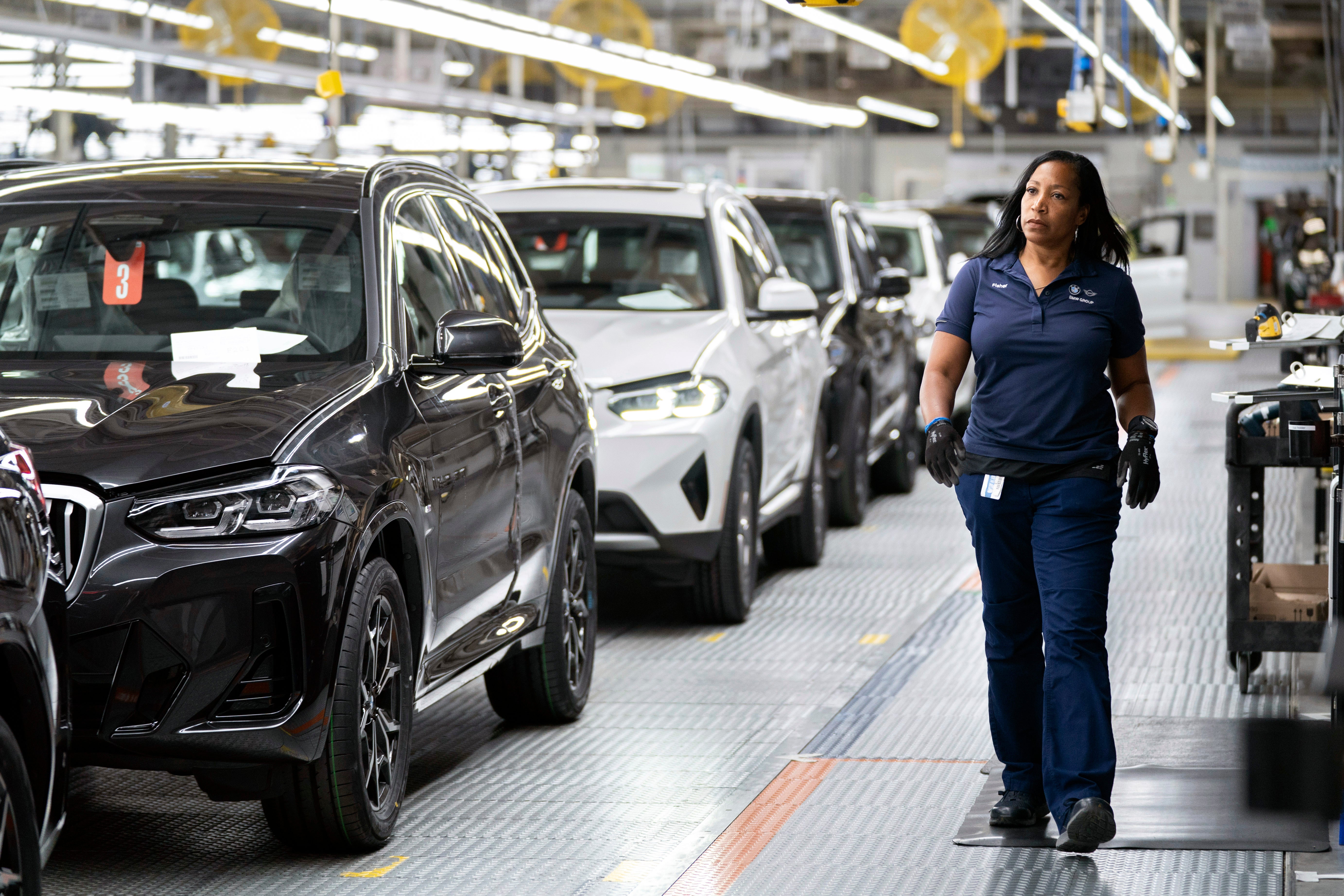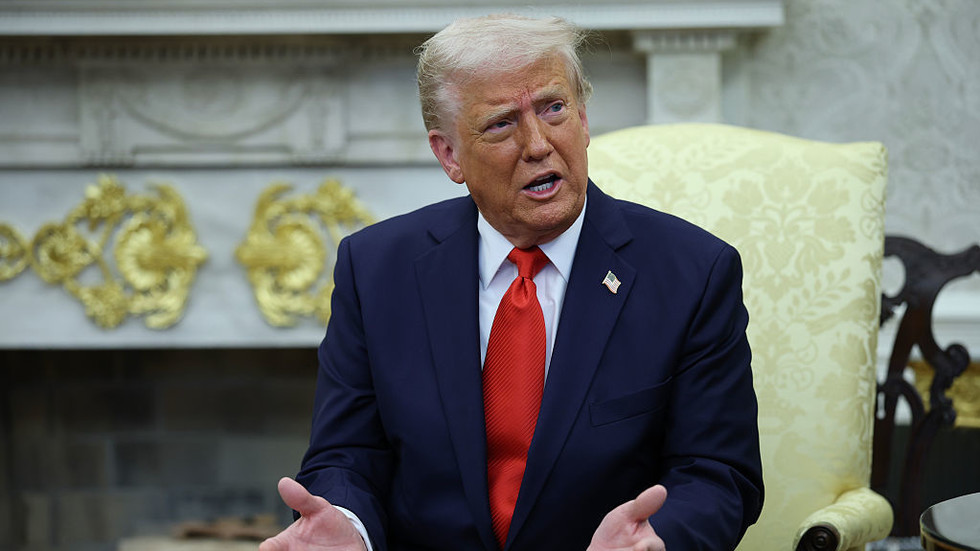As a result of the Trump administration’s ever-evolving tariff agenda, investor sentiment is now worse than it was during the height of the Covid pandemic, which paralyzed large parts of the global economy, according to new survey data.
Sentiment among fund managers is the fifth lowest on record, according to the most recent Bank of America Fund Manager Survey, which polled 164 global fund managers managing a cumulative $386 billion in assets between April 4 and 10.
Investor feeling was only worse in the aftermath of the 9/11 terror attack, the global financial crisis, Trump’s first-term trade war with China, and the 2022 inflation crisis.
The survey began two days after Trump announced his “Liberation Day” tariffs on U.S. trading partners and ended a day after the president shifted course and announced a 90-day pause on levies for countries other than China.
The data captures a variety of alarming signs for the global economic outlook.
Growth expectations fell to a 30-year low, with nearly half of fund managers saying they expected a “hard landing” for the global economy over the next 12 month.

Ninety percent of fund managers said they expected to see the dreaded stagflation — rising prices and slowing growth at the same time — in the next 12 months. Roughly 42 percent of investors polled expect a global recession, the highest level since June 2023 and the fourth-highest mark on this question in the last 20 years.
Meanwhile, the percentage of investors intending to cut allocations to U.S. equities rose to its highest level since the survey began in 2001.
The survey also captured a dramatic swing from 17 percent of respondents saying their portfolios were overweighted with U.S. stocks in February to 36 percent saying they were underweight by this month.
The Bank of America data squares with grim predictions from other forecasters.
Analysts from S&P predict the Trump tariffs, in which Chinese goods have been threatened with up to a 245 percent levy, could rival the collapse of Lehman Brothers and the Covid pandemic for their impact on the U.S. auto industry, with forecasters cutting 700,000 cars from annual U.S. sales estimates.
This week, the World Trade Organization changed its global merchandise trade forecast from growth to decline.
The tariffs “leave the markets kind of baffled, without investors having a clear idea of whether they should hold or fold when it comes to their own stock portfolio,” Ed Yardeni, former chief investment strategist at Deutsche Bank's U.S. equities division, told ABC News.
Further investor anxiety could be on the way, as Trump has said he may soon oust Federal Reserve chair Jerome Powell, even though the president lacks the power to remove someone from the independent entity.
The Fed boss said yesterday warned that Trump’s tariffs were “highly likely” to cause inflation and could put the Fed in a “challenging situation” where it’s trying to balance growth and manage inflation.

 1 day ago
5
1 day ago
5









